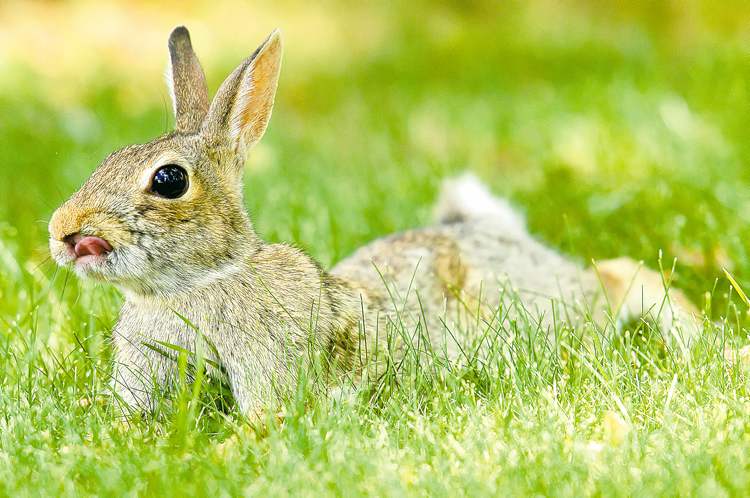Warm winter prompts jump in bunnies
Rabbits breed like rabbits after mild temperatures, Hare says
Advertisement
Read this article for free:
or
Already have an account? Log in here »
We need your support!
Local journalism needs your support!
As we navigate through unprecedented times, our journalists are working harder than ever to bring you the latest local updates to keep you safe and informed.
Now, more than ever, we need your support.
Starting at $15.99 plus taxes every four weeks you can access your Brandon Sun online and full access to all content as it appears on our website.
Subscribe Nowor call circulation directly at (204) 727-0527.
Your pledge helps to ensure we provide the news that matters most to your community!
To continue reading, please subscribe:
Add Brandon Sun access to your Winnipeg Free Press subscription for only
$1 for the first 4 weeks*
*$1 will be added to your next bill. After your 4 weeks access is complete your rate will increase by $4.99 a X percent off the regular rate.
Read unlimited articles for free today:
or
Already have an account? Log in here »
Hey there, time traveller!
This article was published 27/07/2012 (4803 days ago), so information in it may no longer be current.
It’s the first year Shauna Carmichael has received a complaint about rabbits at her job co-ordinating the River Osborne Community Garden.
“They sent me an email with a picture attached of a rabbit eating her lettuce,” she said.
Visiting at the garden at Confusion Corner, a few fences attempting to keep rabbits out had popped up for the first time.

If you think rabbits in your garden are breeding like, well, rabbits, you’re probably right. Rabbit populations seem to have jumped in the city this year, said James Hare, professor of biological sciences at the University of Manitoba, and they’re causing a headache for some homeowners and gardeners.
“We had a relatively mild winter, therefore numbers are higher,” he said. “Species are typically cyclical and we seem to be at a peak,” he added.
Although neither the city nor the province track rabbit populations, Hare said the numbers do seem high and he’s noticed many more than usual this summer.
Complaints about abundant bunnies have kept Clint Rosevear hopping this year as co-owner of Monarch Pest Control, where he’s received calls about rabbits and other fur-bearing animals, such as raccoons and skunks.
“With the type of winter we’ve had, you don’t have the over-winter die-off,” he said.
At Monarch Pest Control, Critter Ridder animal-repellent spray has been flying off the shelves, said Rosevear.
“When you have rabbits, what are rabbits famous for? Breeding like rabbits,” he said.
Eastern cottontail rabbits, which are most common in the city, are a nuisance when they burrow under stairs, strip bark off trees and, of course, destroy precious gardens.
The dry weather may also have made rabbits more of a pest this year, said Carla Hrycyna, co-owner of St. Mary’s Nursery and Garden Centre, who’s also seen a rise in complaints.
Rabbits aren’t nibbling on the dry grass but instead are heading for gardeners’ succulent flowers and plants, making them more annoying than usual, Hrycyna said.
“They’re going for plants that are our green perennials and annuals,” she said.
Hrycyna can count as many as eight rabbits some days in her south Winnipeg backyard.
“There’s been more and more bunnies over the years,” she said.
The two options to get rid of bunnies are either to use a rabbit deterrent, like special fertilizers or sprays, or have a pest-control company catch and release the animals.
Predators, such as owls, hawks and domestic dogs, haven’t caught up with the increase in population, Hare said, especially since many of the avian predators, who migrate south for the winter, haven’t benefited from the same mild weather.
“It takes a generation or so for predators to capitalize on those numbers,” he said.
Nature will eventually regulate itself, Hare adds.
“There is only so much habitat space they can occupy,” he said. “Predation and disease will start to kick in.”
Regardless, Hare said we should feel lucky that our city hosts wildlife such as rabbits or any other animal.
“We should consider ourselves fortunate that we have so much urban wildlife.”
jennifer.ford@freepress.mb.ca
